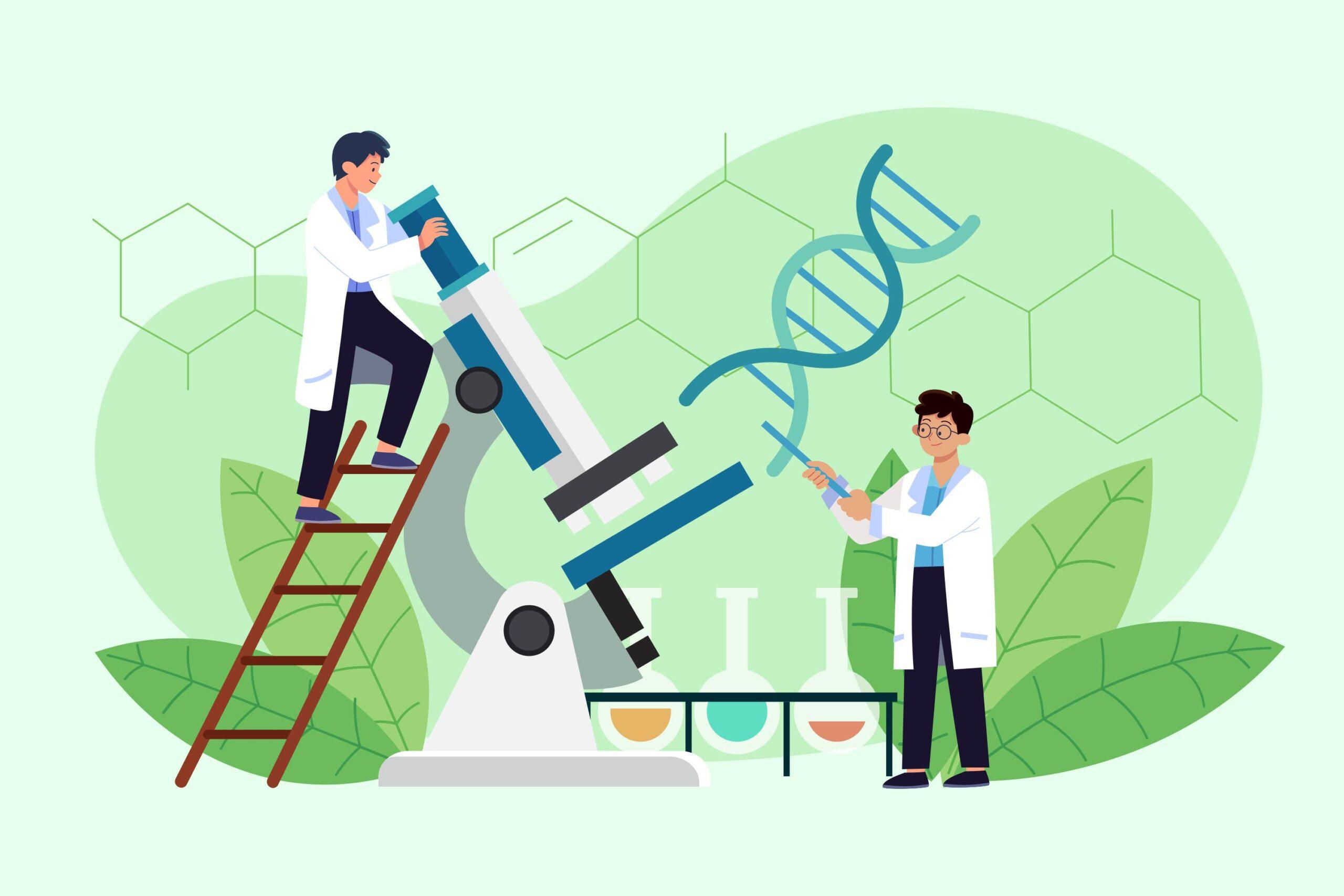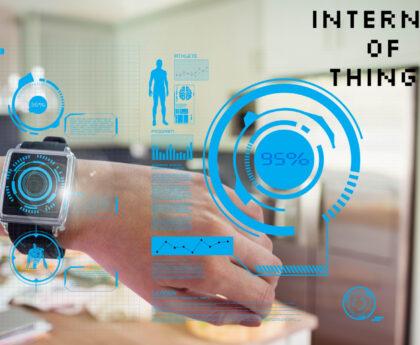Introduction
Biotechnology is revolutionizing the world of healthcare and other industries, offering groundbreaking solutions to complex challenges. Through the integration of biology and technology, biotechnology has unlocked new possibilities in medicine, agriculture, environmental conservation, and more. This article explores the latest innovations in biotechnology, their impact on healthcare, and their potential applications beyond the medical field.
- Precision Medicine and Personalized Treatments
One of the most significant advancements in biotechnology is the development of precision medicine. This approach recognizes that each individual is unique and tailors treatments based on their specific genetic makeup, lifestyle, and environmental factors. Through genomic analysis, researchers can identify genetic variations that may influence disease susceptibility, drug response, and prognosis. This allows healthcare professionals to customize treatment plans, optimizing their effectiveness and minimizing side effects. Precision medicine has already shown promising results in the treatment of cancer, cardiovascular diseases, and rare genetic disorders.
- Gene Editing and Gene Therapy
Gene editing technologies, such as CRISPR-Cas9, have revolutionized the field of biotechnology. These tools enable scientists to modify or remove specific genes within an organism’s DNA, offering potential cures for genetic diseases. Gene therapy, on the other hand, involves introducing healthy genes into cells to replace defective ones. These approaches hold immense promise for treating genetic disorders, including cystic fibrosis, sickle cell anemia, and muscular dystrophy. However, ethical considerations and safety concerns surrounding gene editing and therapy require careful regulation and ongoing research.
- Synthetic Biology and Bioengineering
Synthetic biology combines biology, engineering, and computer science to design and construct new biological parts, devices, and systems. This field has the potential to create synthetic organisms capable of producing valuable compounds, such as pharmaceuticals and biofuels. Through bioengineering, scientists can modify existing organisms or create entirely new ones with desired characteristics. This technology has applications in healthcare, agriculture, and environmental sustainability, including the production of renewable energy sources and the development of bio-based materials.
- Nanotechnology in Medicine
Nanotechnology involves manipulating matter at the nanoscale level, typically within the range of 1 to 100 nanometers. In medicine, nanotechnology offers innovative solutions for drug delivery, diagnostics, and imaging. Nanoparticles can be engineered to target specific cells or tissues, delivering drugs with precision and reducing systemic side effects. Nanosensors and imaging techniques enable earlier and more accurate disease detection, facilitating timely interventions. Moreover, nanomaterials show promise in tissue engineering, enabling the regeneration of damaged or diseased tissues.
- Bioprinting and Organ Transplantation
Bioprinting, a field at the intersection of biotechnology and 3D printing, allows the fabrication of three-dimensional biological structures, including human tissues and organs. This technology utilizes bioinks, composed of living cells and biomaterials, to create complex structures with precise cell placement. Bioprinting has the potential to revolutionize organ transplantation, addressing the shortage of donor organs and eliminating the need for immunosuppressive drugs. Although still in its early stages, bioprinting holds promise for personalized medicine, tissue engineering, and regenerative therapies.
- Bioinformatics and Big Data
The vast amount of biological data generated through advancements in genomics, proteomics, and other omics technologies requires sophisticated analysis and interpretation. Bioinformatics, the application of computer science and statistical techniques to biological data, plays a crucial role in understanding complex biological systems, identifying disease biomarkers, and developing targeted therapies. Additionally, big data analytics in biotechnology enables the integration of large-scale datasets for more comprehensive insights and predictive modeling.
- Agricultural Biotechnology and Food Security
Biotechnology has significantly impacted agriculture, enhancing crop productivity, resilience, and nutritional value. Genetically modified crops (GMOs) have been engineered to resist pests, tolerate harsh environmental conditions, and enhance nutritional content. This technology has the potential to address global food security challenges by increasing yields and reducing crop losses. Biotechnology also enables the development of sustainable farming practices, such as biopesticides and bioremediation techniques, minimizing the environmental impact of agriculture.
Conclusion
Biotechnology innovations are transforming healthcare and various other sectors, offering remarkable advancements and novel solutions to complex challenges. Precision medicine, gene editing, synthetic biology, nanotechnology, bioprinting, bioinformatics, and agricultural biotechnology are revolutionizing the way we diagnose, treat, and prevent diseases. However, ethical considerations, regulatory frameworks, and ongoing research are crucial to ensuring the safe and responsible application of these technologies. As biotechnology continues to evolve, its potential to improve human health, enhance sustainability, and address global issues is truly extraordinary.





